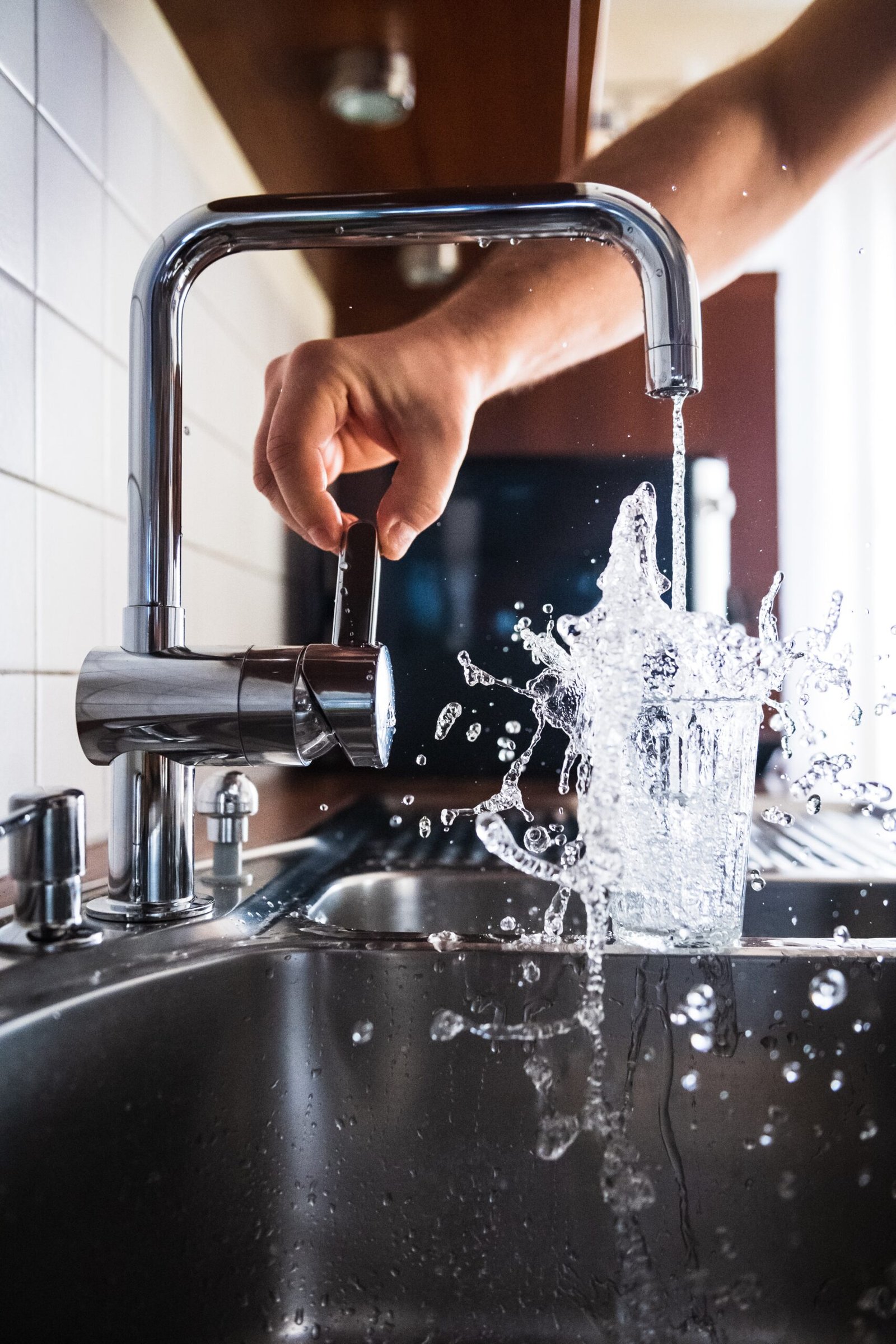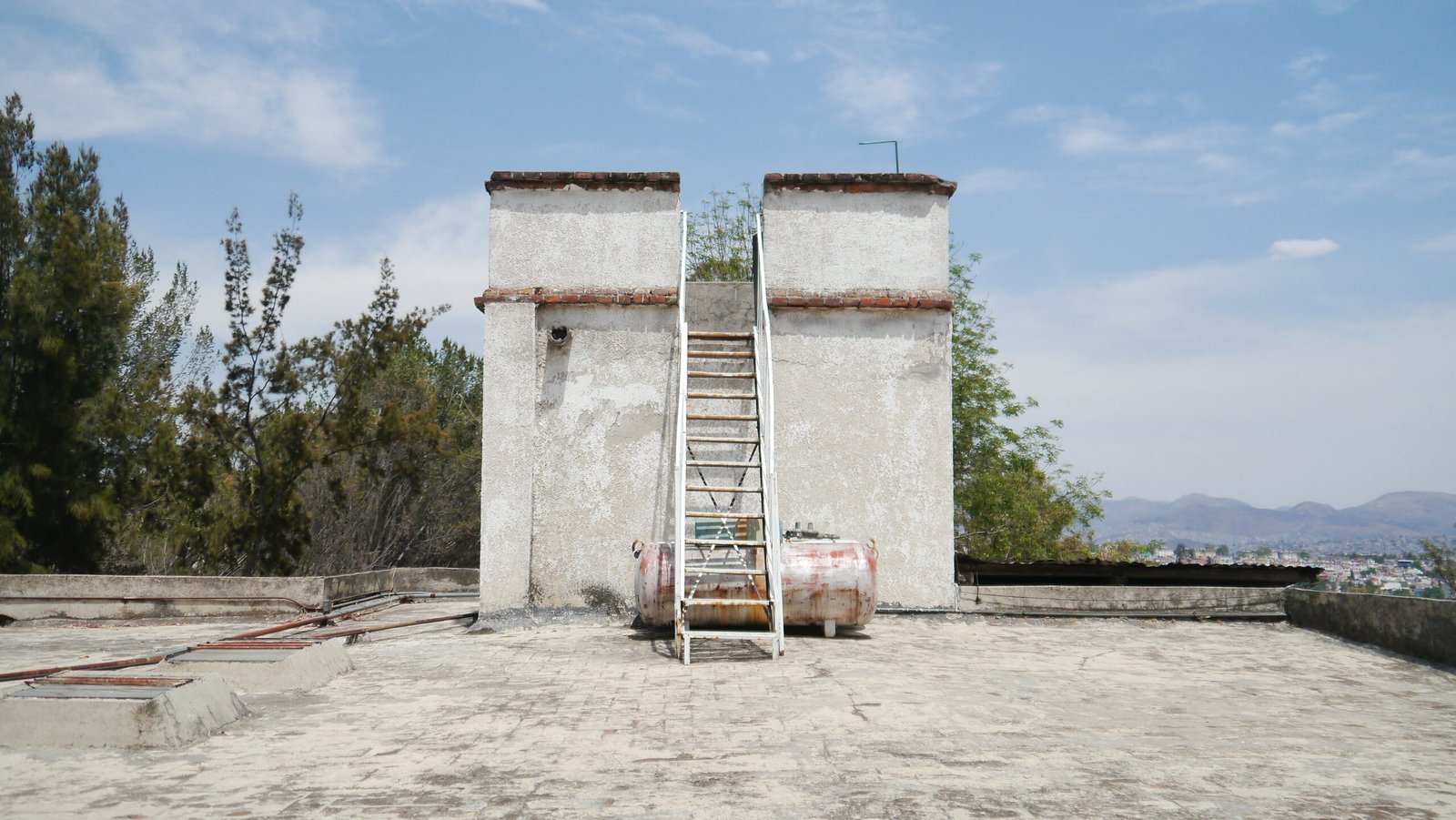Introduction
Plumbing, heating, and air conditioning are essential components of our daily lives. From providing clean water and comfortable indoor temperatures to maintaining a healthy environment, these systems play a crucial role in our homes and businesses. In recent years, there have been significant advancements and innovations in the plumbing, heating, and air conditioning industry, improving efficiency, convenience, and sustainability. In this blog post, we will explore some of the latest innovations in these areas.
Smart Plumbing Systems
Gone are the days of leaky pipes and high water bills. With the advent of smart plumbing systems, homeowners can now monitor their water usage, detect leaks, and even control their plumbing systems remotely. These systems use sensors and advanced algorithms to analyze water flow and detect any abnormalities. They can send real-time alerts to homeowners’ smartphones, allowing for immediate action and preventing potential water damage. Smart plumbing systems not only save water but also help reduce costs and promote sustainability.
Energy-Efficient Heating
Heating our homes efficiently is not only good for our wallets but also for the environment. Traditional heating systems can be inefficient, leading to wasted energy and higher utility bills. However, recent innovations in heating technology have focused on improving energy efficiency. One such innovation is the use of condensing boilers. These boilers extract heat from the exhaust gases, maximizing energy utilization and reducing fuel consumption. Additionally, smart thermostats have become increasingly popular, allowing homeowners to control their heating systems remotely and optimize energy usage based on their preferences and schedules.
Sustainable Air Conditioning
With rising temperatures and increased demand for cooling, it is essential to find sustainable solutions for air conditioning. Traditional air conditioning systems rely heavily on refrigerants that contribute to greenhouse gas emissions. However, advancements in air conditioning technology have led to the development of eco-friendly alternatives. One such innovation is the use of natural refrigerants like hydrofluoroolefins (HFOs) and hydrocarbons. These refrigerants have low global warming potential and are more environmentally friendly. Additionally, smart air conditioning systems can adjust cooling levels based on occupancy and temperature, further optimizing energy usage and reducing environmental impact.
Remote Monitoring and Maintenance
Gone are the days of waiting for a technician to diagnose and fix plumbing, heating, or air conditioning issues. With remote monitoring and maintenance, professionals can now assess and troubleshoot problems remotely, saving time and reducing costs. Through the use of smart sensors and connected devices, technicians can monitor system performance, detect faults, and even perform remote repairs. This innovation not only improves efficiency but also minimizes disruption and inconvenience for homeowners and businesses.
Conclusion
The plumbing, heating, and air conditioning industry has seen remarkable advancements in recent years. From smart plumbing systems and energy-efficient heating to sustainable air conditioning and remote monitoring, these innovations have transformed the way we manage and maintain our homes and businesses. Embracing these technologies not only improves efficiency and convenience but also contributes to a more sustainable future. As the industry continues to evolve, we can expect even more exciting innovations that will enhance our daily lives and promote a greener planet.



